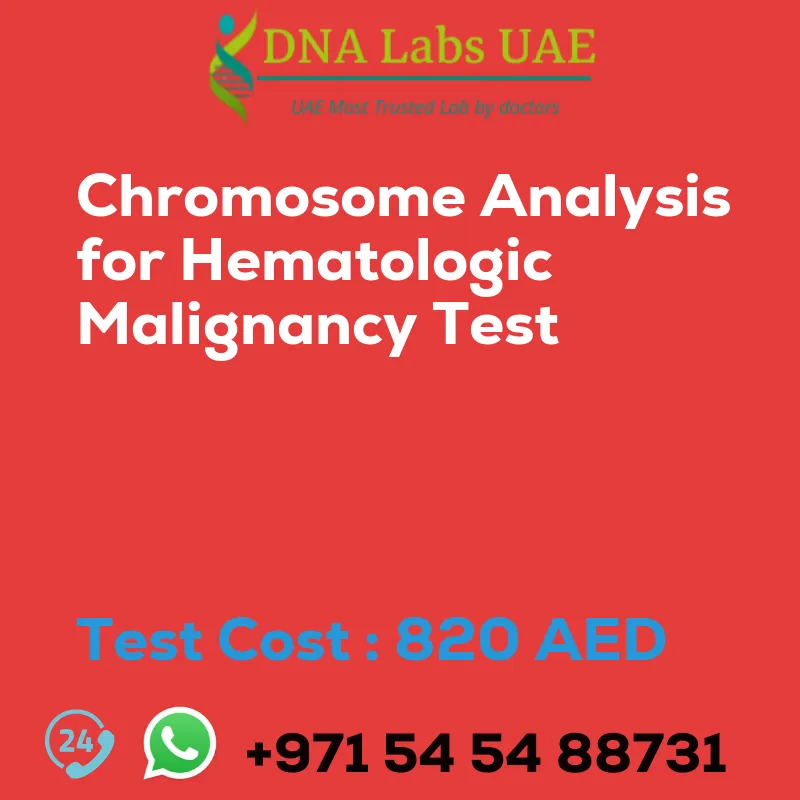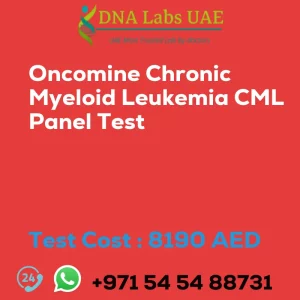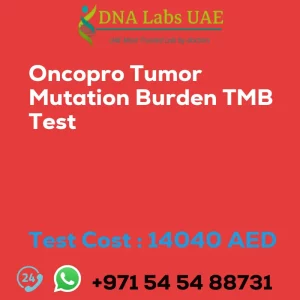Chromosome Analysis for Hematologic Malignancy
Test cost: AED 820.0
Test Name: CHROMOSOME ANALYSIS FOR HEMATOLOGIC MALIGNANCY
Test Components: Culture, Robotic Microscopy, Karyotype
Sample Condition: 2-3 mL (1.5 mL min.) heparinized Bone Marrow OR 3 mL (2 mL min.) whole blood in 1 Green Top (Sodium Heparin) tube. Ship refrigerated immediately. DO NOT FREEZE. Specimen must reach LPL, New Delhi within 24 hrs. Duly filled Chromosome & FISH Analysis Requisition form (Form 17) is mandatory.
Report Delivery: Sample Daily by 9 am; Report 4 Working days
Method: Culture, Robotic Microscopy, Karyotype
Test type: Cancer
Doctor: Hematologist
Test Department: CYTOGENETICS
Pre Test Information: Duly filled Chromosome & FISH Analysis Requisition form (Form 17) is mandatory.
Introduction
Chromosome analysis for hematologic malignancy, also known as karyotyping or cytogenetic analysis, is a diagnostic test used to detect genetic abnormalities in the chromosomes of cells involved in hematologic malignancies, such as leukemia, lymphoma, or myeloma.
Test Procedure
During the test, a sample of bone marrow, blood, or lymph node tissue is collected from the patient. The cells in the sample are then cultured in a laboratory to allow them to divide and grow. Once an adequate number of cells have been obtained, they are stained and fixed onto slides. The slides are then examined under a microscope, and the chromosomes in the cells are analyzed. This analysis involves examining the size, shape, and banding patterns of the chromosomes. Any abnormalities, such as translocations, deletions, or duplications, can be identified and documented.
Importance of Chromosome Analysis for Hematologic Malignancy
Chromosome abnormalities are commonly found in hematologic malignancies and can provide important information for diagnosis, prognosis, and treatment decisions. For example, certain translocations, such as the Philadelphia chromosome in chronic myeloid leukemia, are associated with specific types of cancer and may require targeted therapies. In addition to karyotyping, other molecular techniques, such as fluorescence in situ hybridization (FISH) or polymerase chain reaction (PCR), may be used to further characterize specific genetic abnormalities or mutations. Overall, chromosome analysis for hematologic malignancy is an important tool in the diagnosis and management of these types of cancers, providing valuable information for personalized treatment approaches.
| Test Name | CHROMOSOME ANALYSIS FOR HEMATOLOGIC MALIGNANCY Test |
|---|---|
| Components | |
| Price | 820.0 AED |
| Sample Condition | 2\u0192??3 mL (1.5 mL min.) heparinized Bone Marrow OR3 mL (2 mL min.) whole blood in 1 Green Top (Sodium Heparin) tube. Ship refrigerated immediately. DO NOT FREEZE. Specimen must reach LPL, New Delhi within 24 hrs. Duly filledChromosome & FISH Analysis Requisition form (Form 17) is mandatory. |
| Report Delivery | Sample Daily by 9 am; Report 4 Working days |
| Method | Culture, Robotic Microscopy, Karyotype |
| Test type | Cancer |
| Doctor | Hematologist |
| Test Department: | CYTOGENETICS |
| Pre Test Information | Duly filledChromosome & FISH Analysis Requisition form (Form 17) is mandatory. |
| Test Details |
Chromosome analysis for hematologic malignancy, also known as karyotyping or cytogenetic analysis, is a diagnostic test used to detect genetic abnormalities in the chromosomes of cells involved in hematologic malignancies, such as leukemia, lymphoma, or myeloma. During the test, a sample of bone marrow, blood, or lymph node tissue is collected from the patient. The cells in the sample are then cultured in a laboratory to allow them to divide and grow. Once an adequate number of cells have been obtained, they are stained and fixed onto slides. The slides are then examined under a microscope, and the chromosomes in the cells are analyzed. This analysis involves examining the size, shape, and banding patterns of the chromosomes. Any abnormalities, such as translocations, deletions, or duplications, can be identified and documented. Chromosome abnormalities are commonly found in hematologic malignancies and can provide important information for diagnosis, prognosis, and treatment decisions. For example, certain translocations, such as the Philadelphia chromosome in chronic myeloid leukemia, are associated with specific types of cancer and may require targeted therapies. In addition to karyotyping, other molecular techniques, such as fluorescence in situ hybridization (FISH) or polymerase chain reaction (PCR), may be used to further characterize specific genetic abnormalities or mutations. Overall, chromosome analysis for hematologic malignancy is an important tool in the diagnosis and management of these types of cancers, providing valuable information for personalized treatment approaches. |







